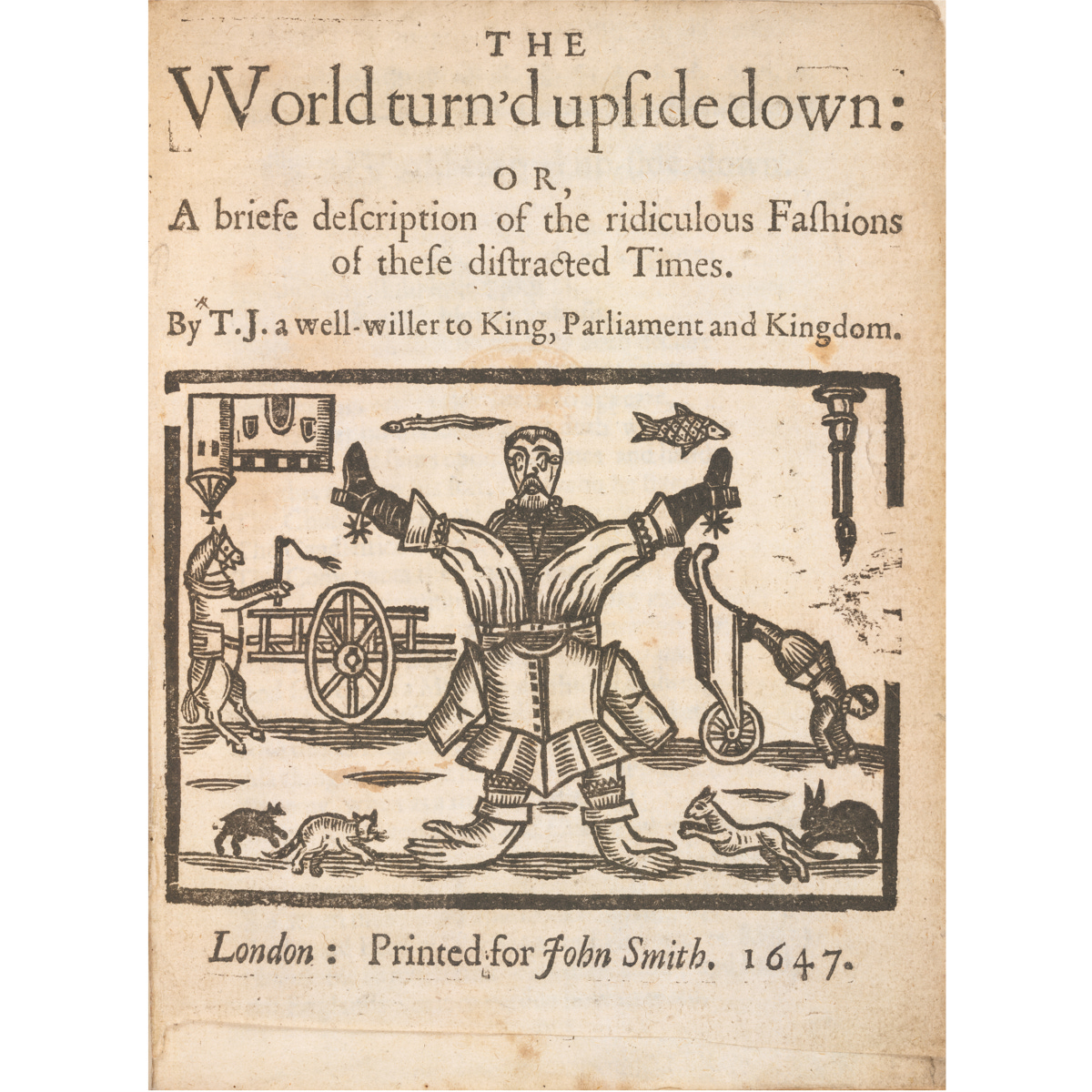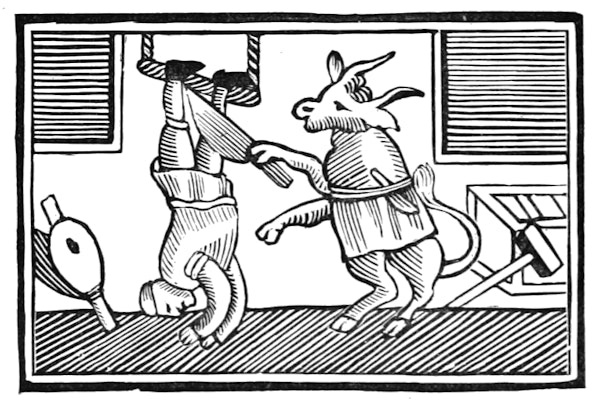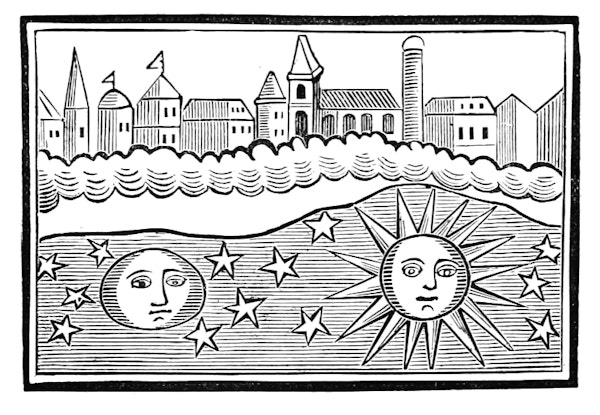The nights, having drawn in are allegedly opening themselves again. For all that the great Mediterranean city to which we have moved is surmounted by glorious blue skies and often-blinding sun, it is still winter and chilly with it. The electors of the world’s self-proclaimed exemplar of democracy have elected to jump to the tuneless maunderings of a criminal-cum-conman-cum rapist who stumbles, fart-catching and awestruck behind oligarchs and dictators. Appeasement of the world’s filth is back in the air and it stinks therof. Existence is upside-down and the centre, far from holding, is excoriated every day by those - the supposedly clever, the unarguably young - from whom one might have expected support. One thing of course never goes away: Jew hatred. Born into a tired but triumphant society that had recently smashed fascism, it seems that I am due to die in that which has chosen to re-embrace it. Forgive me if I relish the imminence of my permanent cancellation.
Meanwhile the great bulwark against the beating waves of melancholy, my beloved slang and my near-forty-five years of researches on its behalf, stands fast. I have no shame in seeing it as the one trustworthy pillar of existence. Until, as the fantasy demands, I crash forward onto the keyboard, and somehow my flailing limbs and/or jerking head tap out a final neologism. And slang will long outlive this temporary collector.
In the meantime I see that 2024 has brought 11,840 new citations. The current quarter has been good for 3676 of these, and they include a mix of 749 which are either predates of existing material or the first appearance of wholly new terms. I have no idea how many titles this involves but the range is wide, quite beyond me, and I am grateful to GDoS loyalists Jim Lambert and Jim Gibbons, Bruce Moore1 and the peerless Jesse Sheidlower without all of whom, etc. but heartfelt nonetheless. Nor are they alone and a check with the dictionary’s Acknowledgements screen will show how indebted I remain. My hat is also tipped to all those, at least 10,000 of them over six centuries, whose work, whether they appreciated it or not, has given me the ingredients of my own.2
My big task, at least in this recent quarter, has been looking through the only database of Early English Words Online (EEBO) and seeing how my own 16th and 17th century headwords match up. I discussed this here a few weeks ago and the main difference is that I have now reached the letter N. It is nothing if not laborious. When hot new (old?) examples fail to emerge I even sense the D-word3 mocking me from behind my screens. My hope has been to see if such research will offer a true counter-language, over and beyond the criminal cant that was collected through the fifteen-hundreds (and of course far beyond). An embryo slang as spoken not by crims but by their law-abiding cousins, the urban working-class. And yes. Or at least so far. If alongside crime then sex and the giblets with which we perform it and the various substances, dense or liquid, that our body generates, make up the foundations of slang, then they are certainly there. So too, in an era which such things mattered to locals, is blasphemy. All those ads and ods and uds and their many extensions.
But other stuff…the sense is that the headwords I am consulting either simply faded from general use, such as open-arse, the medlar fruit, once used without comment, or found itself subject to guilt by association, such as occupying house, a brothel. This drew on occupy (Florio’s 1598 Italian-English dictionary offers it as one of four synonyms ‘to jape, to sard, to occupy, to fuck’, in his translation of fottere, to have sex. That the word and its derivatives faded is unsurprising. Shakespeare notes the downgrading in Henry IV Pt II (1597), ‘A captaine? Gods light these villaines wil make the word as odious as the word occupy, which was an excellent good worde before it was ill sorted.’ (He would have hated the fate of gay). Yet occupy would be used ten times in the Authorised Version of the Bible (1611).
However, other than some ballads (their accent on merry rural couplings rather than back-alley uprighters), and the succession of their collections in various ‘drolleries’, the kind of words that might have found in what would become London’s working-class areas do not seem to have been recorded. Nor is it easy to see quite who is speaking. Class indicators are not simply descried. Not worth a fart or a turd are suitably robust, but like various ‘bodily’ terms - piss, shit - they were still in pretty general use, even if what they represented was accepted as somewhat low-rent. One can never be sure. For one’s arse, breech, buttocks or tail to make buttons, to be so terrified that one shits oneself, seems to fit the bill, but the variety of sources suggest that the apparent coarseness was less a constant of contemporary opinion than modernity’s squeamish construct. All sorts, high and low, seem to have used it. In any case, working-class slang is far from invariably ‘dirty’.
But these are generalizations and I flounder far beyond my competence. In the end the writers of this early modern English didn’t supply their contemporaries with tags describing those who were speaking or the audience who were intended to read. It was one thing for one’s dramatis personae to offer ‘Squire Pinch-fart, a miserly Cit’ or ‘Mistress Wagtail, a lady of negotiable affection’ but their language was far from invariably cut to fit. Beggars (‘Egyptians’) might talk ‘the gypsie tong’ and out-and-out villains ‘St Giles’s Greek’ or ‘Pedlar’s French’,4 while Paddy, Jocky and Shinkin-ap-Morgan would mouth some deformation of what stereotype laid down as their local intonations, but my much-sought-after urban proles, if they existed (pert serving men and women for the most part) did not. It would be another three centuries before rhyming slang filled that niche.
So the quest continues. Absent a slang take on ‘happy New Year’ we must make do with a liquorous toast and it suffices merely to wish you all the beggar’s benison (and my apology that slang, like much else, has only recently embraced women as subjects and not objects).
Bruce Moore, a noted Australian lexicologist and the former editor of the Australian National Dictionary, sent me a couple of glossaries. One a 1988 word list from Beechworth Prison in Victoria, the other Thommo's Dictionary of Australian Swearing and Sex Sayings. This latter is not the easiest thing to find - it was censored on publication in 1985 and seems to have fallen from view - and I am hugely grateful. Yet I must admit that while Mister Slang generally grits his teeth and plays the forensic pathologist no matter however rancid the material, I found little joy in Thommo, real name Colin Thompson and apparently a former inmate of various Oz nicks. This came as a suprise to me: I had thought for years that a deal had been agreed with the former fast bowler Jeff Thomson, another ‘Thommo’ and known as something of a larrikin, for the use of his name. It was not so. Nor was the censorship complete, but probably kept from the under-18s. This seems paradoxical since the headwords, their sniggering definitions with their accent on bodily fluids and the illustrations, copied surely from the wall of a public dunny, would have aimed foursquare at the early male teen audience. Tacky stuff. But 550 citations. I say no more.
Also beyond my ken is whether or not the plagiarists of AI companies, stealing the best to recast as mediocrity, then fence it on as a new version of the quacksalver’s cure-all, have descended on GDoS. Given the chronological bandwidth I wonder what could be made of it. My hope, indeed, is that they have set their bots a-robbin’. The difference in spellings and grammar, the evolving lexis, the obsession with slang’s unfailingly down-market taxonomy and its magnificnt homonymy should, I profundly hope, screw their larcenous pooch and then some.
You know…the ‘harmless’ one.
When a play, such as Shadwell’s Squire of Alsatia (1688), set in one of London’s best-known criminal ‘sanctuaries’, used a heavy cant lexis, it was acceptable to offer a glossary, some 61 terms. The ‘Greek’ and ‘French’ of St Giles and the pedlars were not race-specific but, like ‘Hebrew’ and ‘(High) Dutch’, meant simply ‘foreign’ and thus incomprehensible to a decent Brit.





Thank you. Any further comment from me would diminish my appreciation.
Thank you for carrying the fire. And happy new year to you!